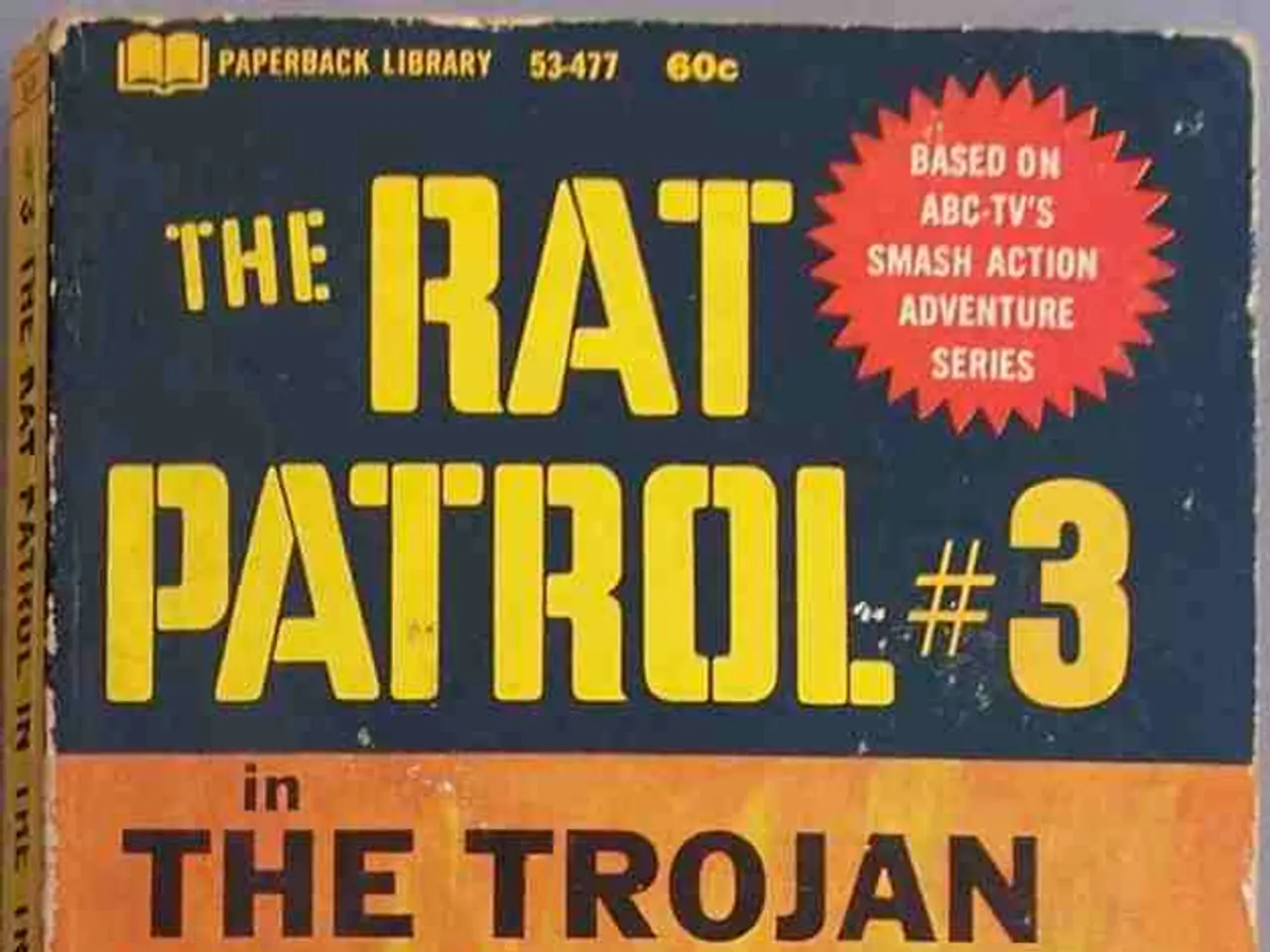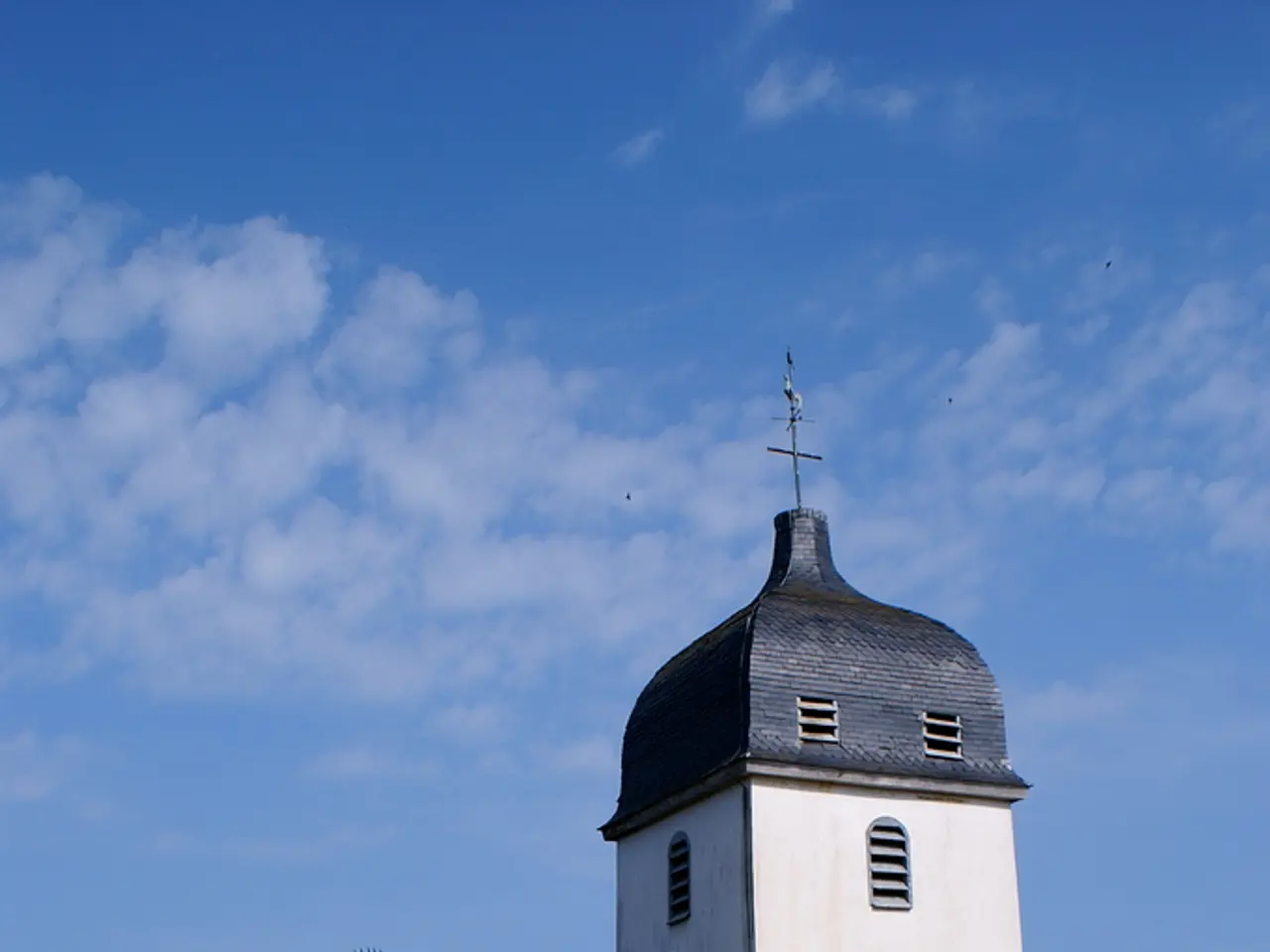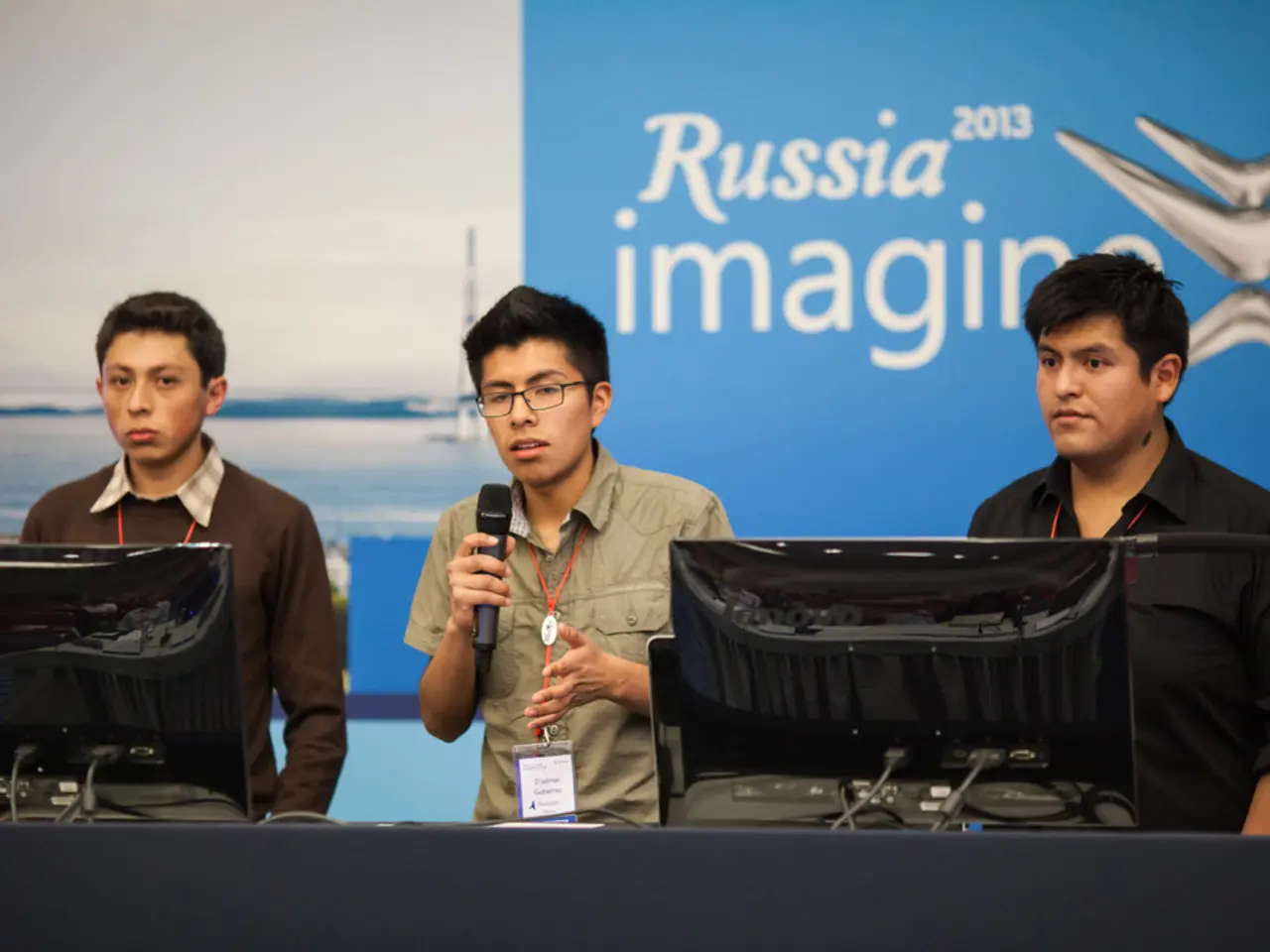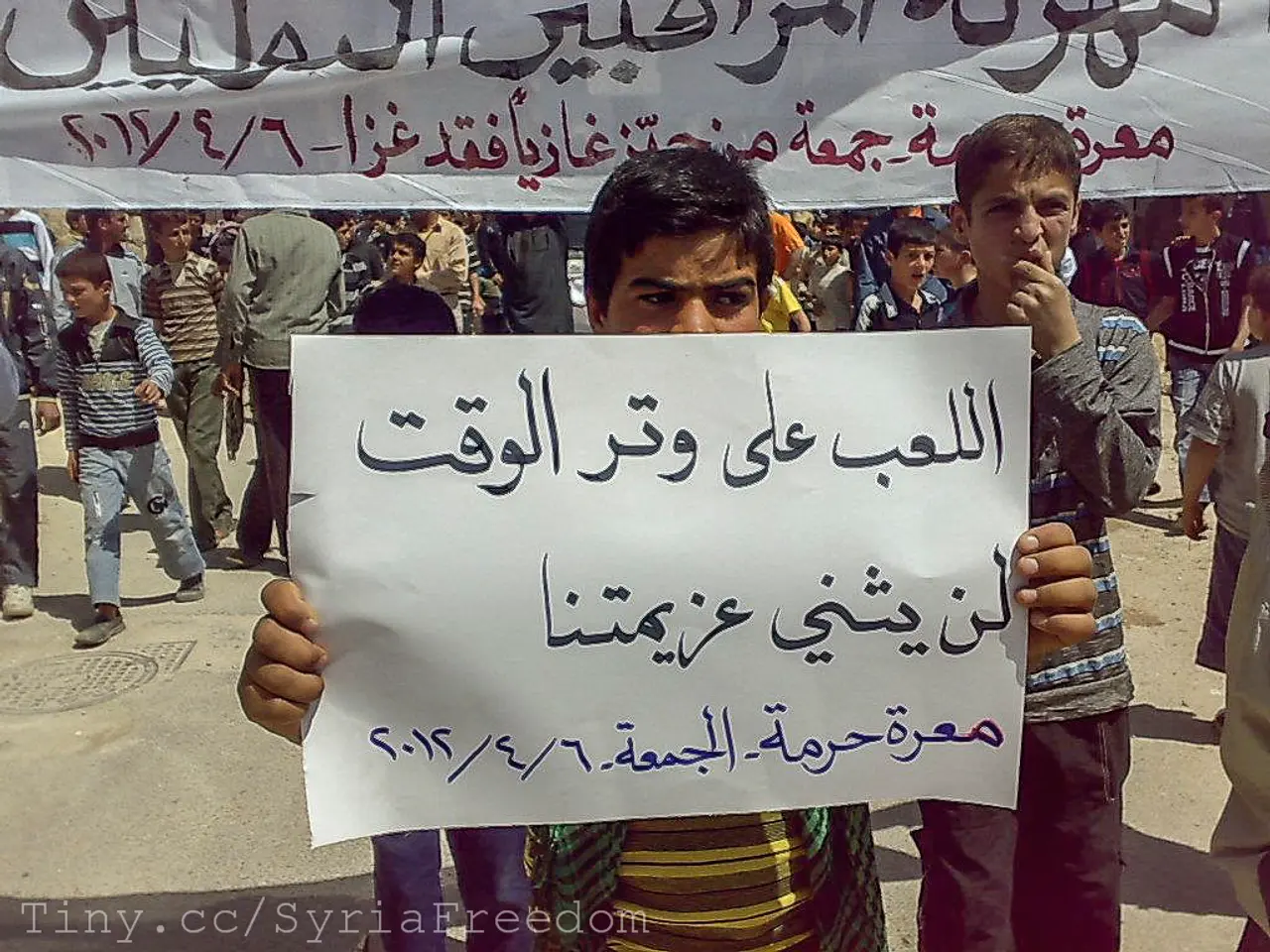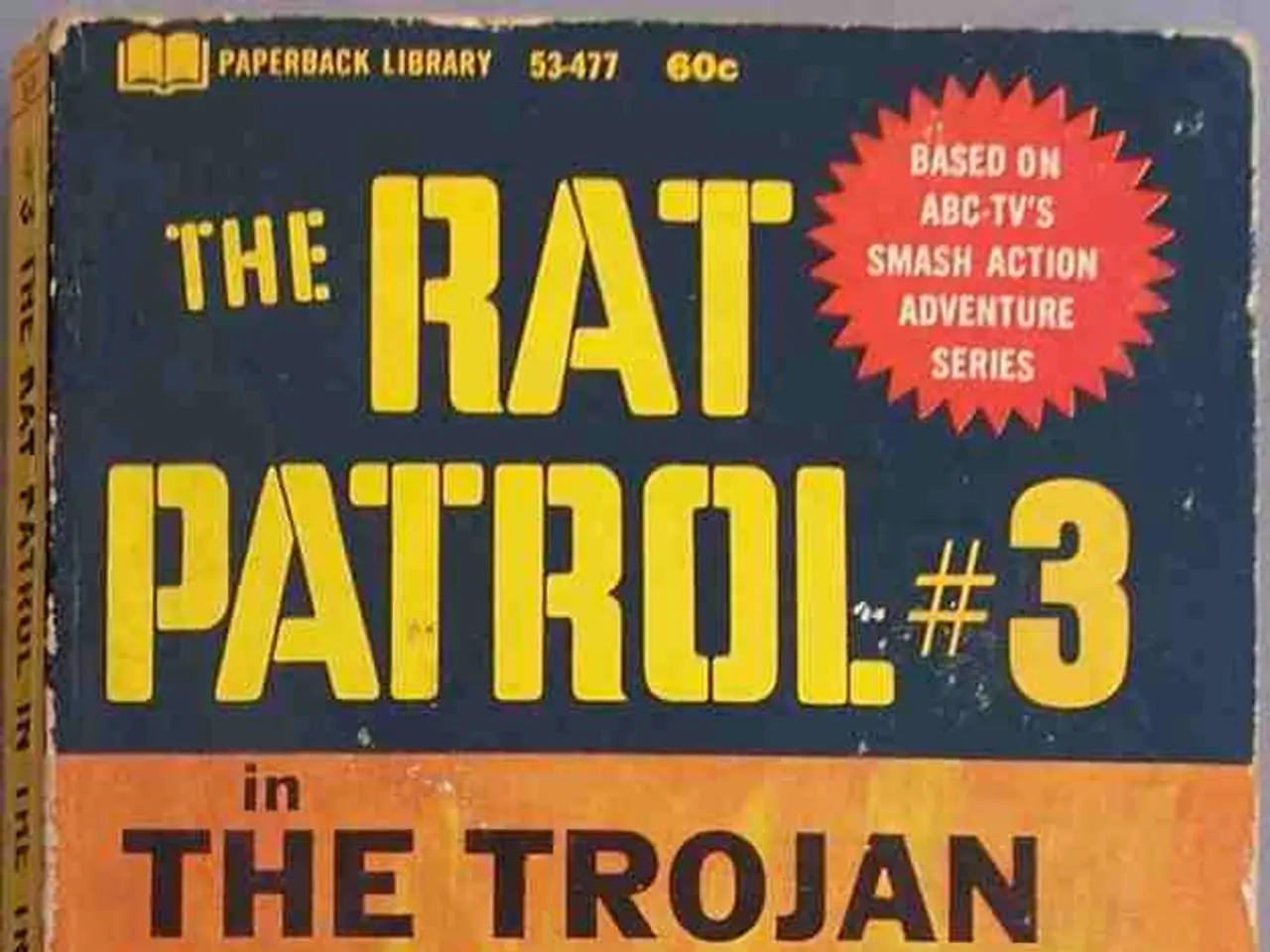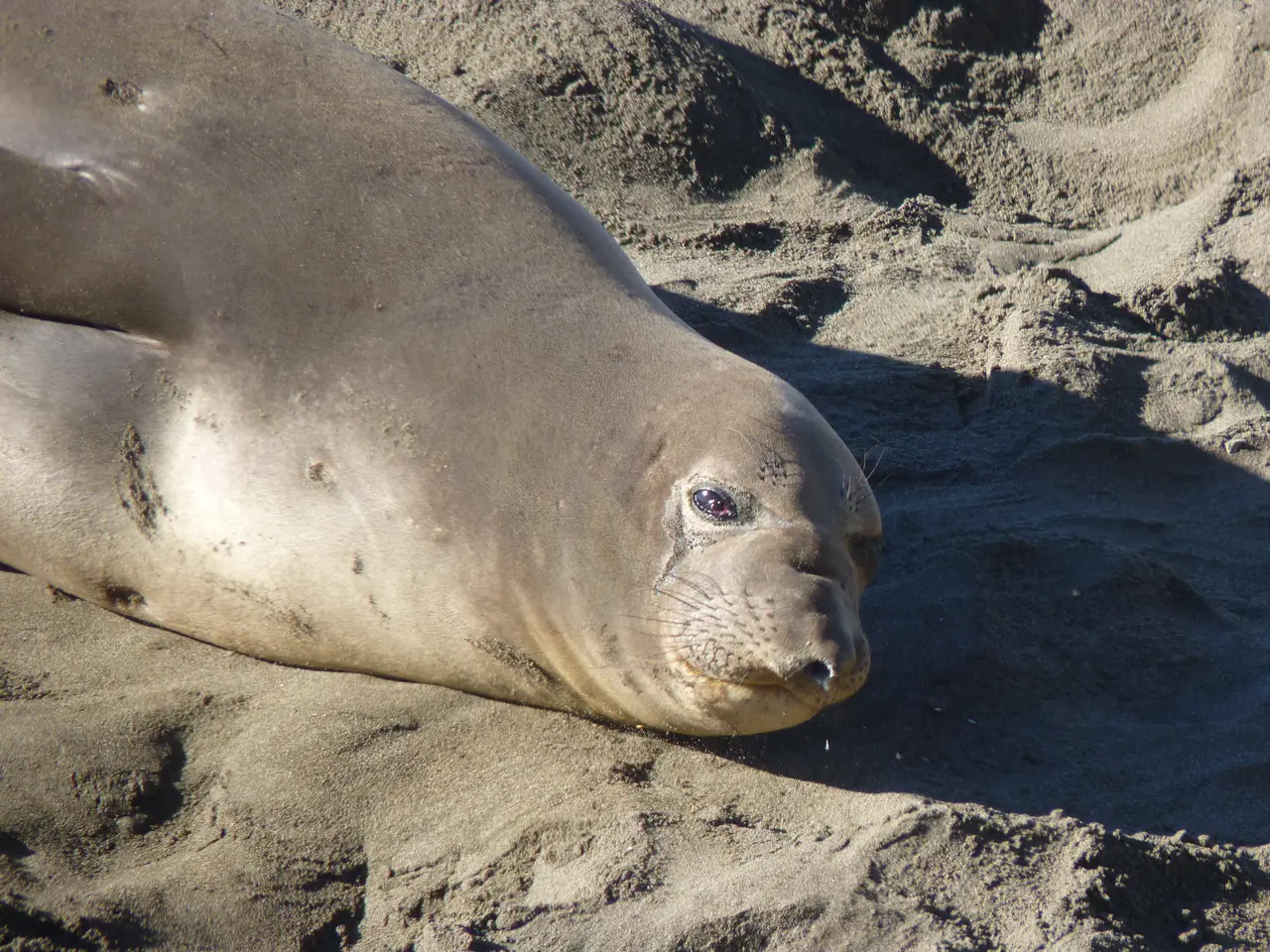"Two days of calamity: A French-Syrian family shattered"
The peaceful summer holidays of Amjaad and her husband Firas, Syrian refugees residing in France, were shattered when they returned to their native Sweida, Syria, in 20XX. On July 13, clashes erupted between Bedouin tribes and local fighters in Sweida, resulting in 37 deaths, marking the beginning of a devastating crisis for the Druze community.
As the violence escalated, Amjaad found herself stranded in Sweida with her children, her parents-in-law, and Firas, who took refuge in the family's house as tanks rolled into the town center and regime men looted houses. A week later, on July 20, Firas and his brother-in-law were shot dead, and their house was burned down. Amjaad was informed of Firas's death by neighbours who had hidden during the violence.
The town was surrounded by jihadists, according to Amjaad. The Syrian Red Crescent took charge of the displaced and transferred them out of the town. It took another week for Amjaad and her children to return to an uncle's house due to the deteriorating security situation in Sweida. For nearly two weeks, they were unable to return to Damascus.
The conflict has created a severe humanitarian situation, with the Druze population facing summary executions, kidnappings, destruction of villages, and a blockade severely restricting access to food, water, and fuel. The Syrian Observatory for Human Rights (OSDH) reports that more than 1,400 people have died in the violence, with the majority being Druze.
The OSDH claims that "the authorities are imposing a blockade on the province of Sweida to make its inhabitants comply". Despite peaceful protests and urgent calls for international protection and aid, the crisis remains underreported internationally.
The situation in Sweida is complex, involving intercommunal violence, government and foreign military actions, and severe humanitarian emergencies. The UN Security Council has expressed deep concern, condemning attacks on civilians, violations of human rights, and calling for adherence to ceasefire agreements. It urges all parties to ensure protection of civilians and humanitarian personnel, and to allow safe humanitarian access to affected areas, particularly in predominantly Druze Sweida.
Israel has launched airstrikes targeting Syrian government forces and Bedouin fighters, claiming to defend the Druze. The Syrian government accuses Israel of exacerbating sectarian tensions to undermine the transitional government. Despite ceasefire agreements reached in mid-July, localized clashes and abuses have continued, with reports of renewed violence and renewed displacement waves as Druze civilians flee potential Bedouin attacks.
The international community, including the UN, has called for urgent measures to protect civilians and facilitate humanitarian relief. The situation remains volatile with ongoing risks to civilian protection and access to aid. The Druze community of Sweida is caught in a complex conflict, and the world watches as they struggle to survive amidst violence and humanitarian crisis.
- The peaceful summer holidays of Amjaad and her husband Firas, residing in France as Syrian refugees, were disrupted when they returned to their native Sweida, Syria, in 20XX, amidst war-and-conflicts.
- Amjaad found herself stranded in Sweida with her children, her parents-in-law, and Firas, as politics took a violent turn, with tanks rolling into the town center and regime men looting houses.
- The United Nations Security Council, dealing with general-news of the crisis in Sweida, has expressed deep concern, condemning attacks on civilians, violations of human rights, and calling for adherence to ceasefire agreements.
- Israel, amidst international politics and crime-and-justice debates, has launched airstrikes targeting Syrian government forces and Bedouin fighters, claiming to defend the Druze community in Sweida, caught in a complex conflict that remains volatile and underreported internationally.
